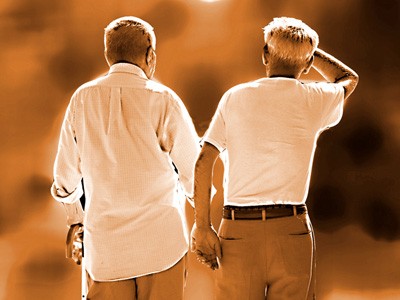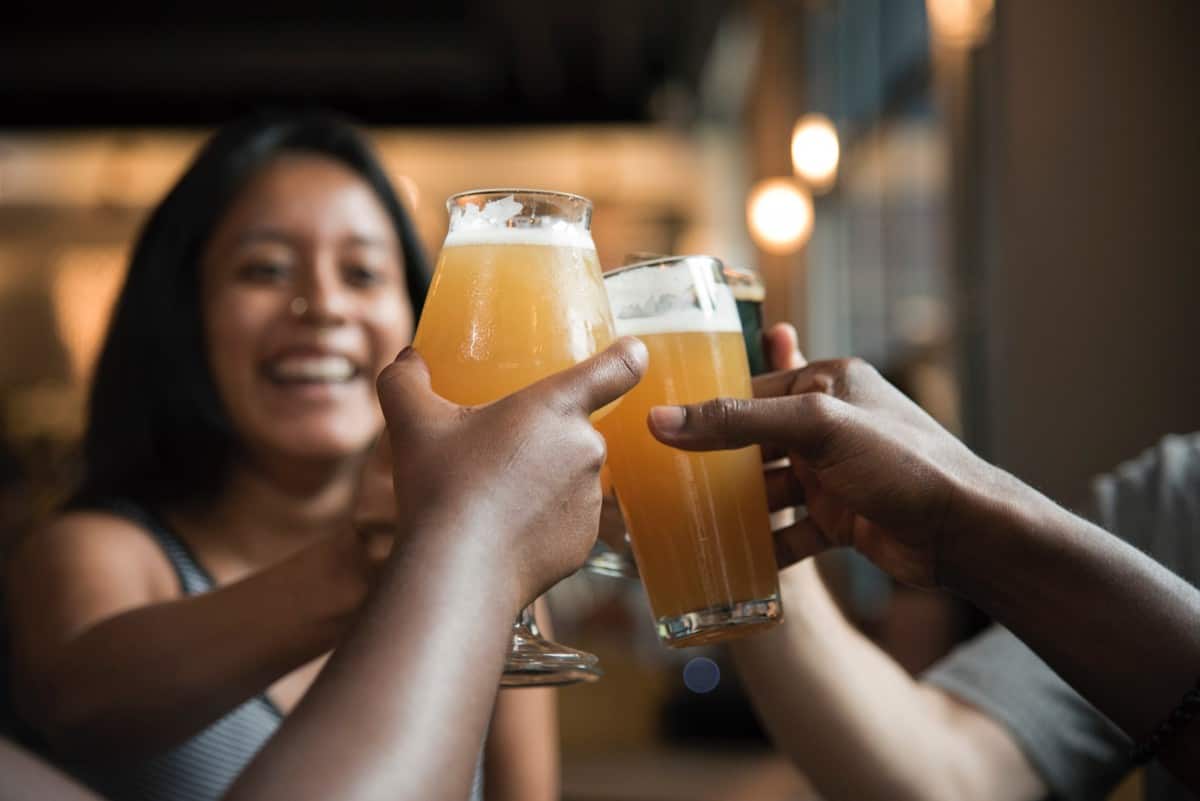Choosing friends
By B. F.

Venerable Thubten Chodron and a person in prison discuss the nature of friendship.
Venerable Thubten Chodron: Buddhist teachings contain many passages about choosing our friends well and qualities to look for in friends. They warn that a harmful friend isn’t someone with horns, but someone who is friendly and who likes us but who doesn’t have good ethical values. They want us to be happy, but the way they see happiness is in terms of sense pleasures, worldly success, and getting all you can for yourself. So although they mean well (on one level), if we get close to them they will lead us into problematic situations and disasters.
B. F.: I like what you said about having harmful friends. I have had friends like that my whole life until I came to prison and started making a conscious effort to associate with people that were on the same page as I am with regard to goals and principles. I used to kick it with the “fun” people, the beautiful people, the party animals. Or to quote an old friend from the 70s and 80s, “the rich and aimless.”
Here in prison I have tried nearly my whole stay to make myself a better person. I only associate with people that care about me and who want to see me be happy and successful and become a better person. Even if you hang out with well-intentioned people, a lot of times they will hamstring you. They will be a barrier to where you’re trying to get to. Here in prison it’s even more difficult because there are so many people that will drag you down if you let them.
I want to be the best person I can be for the rest of my life. An overwhelming majority of the people I have been around, both before prison and here in prison, don’t really care about me, or care about what I should be trying to do. They always wanted/want me for their own gain or entertainment, to justify themselves, to win my cooperation, or whatever.
The people that genuinely care about me as a person and want me to be the best person I can ever possibly be are very few and far between. The small core group of friends and family that I have now are people that will always be there. I will bury them when they pass or they will bury me when my time is up. They are lifelong.
I see that part of my previous problem with friends was that I placed too much trust in people who couldn’t handle that much trust. I expected them to be more than they could be. In some cases, it was clearly my fault for trusting people who were doomed to failing my expectations. Many of the people I trusted were not worthy of that trust because of their personal situations. I see that I must take responsibility for those mistakes.
I had to come to prison to figure out two very basic but ultra-important facts about life. The first is that quality in friendships is a million, no, a billion times more important than quantity of friends. One true friend is worth more than a million fair-weather friends.
The second is that simple truth that friends are the family that you get to choose. I used to think that because people were my family that they had the best intentions for me. Later I realized that wasn’t necessarily true. Now my “family” has changed into the people I want as my family, people with no blood connection but with something better: love and respect. I think my future will be much happier and more fulfilling because of the family I have chosen for myself. I think I will have a much better shot at fulfilling my potential. I think that I will be able to be a better person for other people. Kinder. More compassionate. Of more service. Of positive impact. I hope.
Incarcerated people
Many incarcerated people from all over the United States correspond with Venerable Thubten Chodron and monastics from Sravasti Abbey. They offer great insights into how they are applying the Dharma and striving to be of benefit to themselves and others in even the most difficult of situations.


